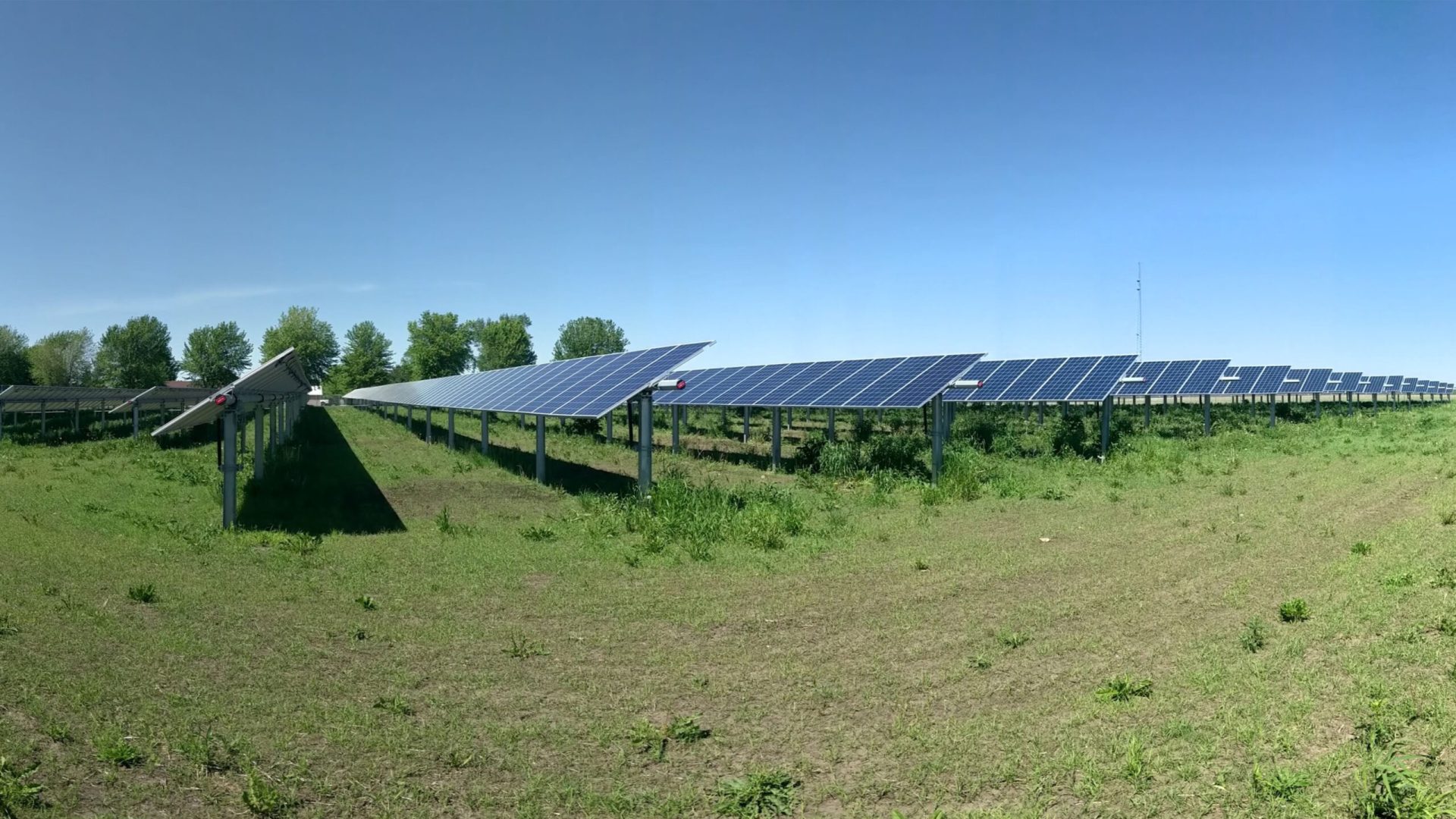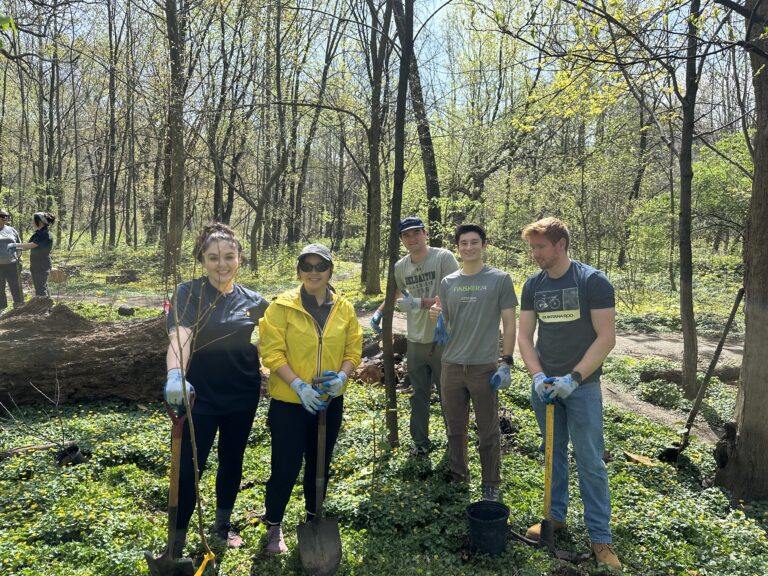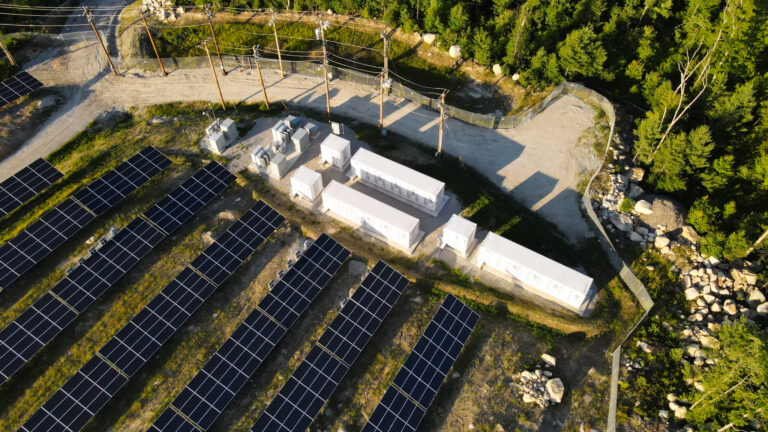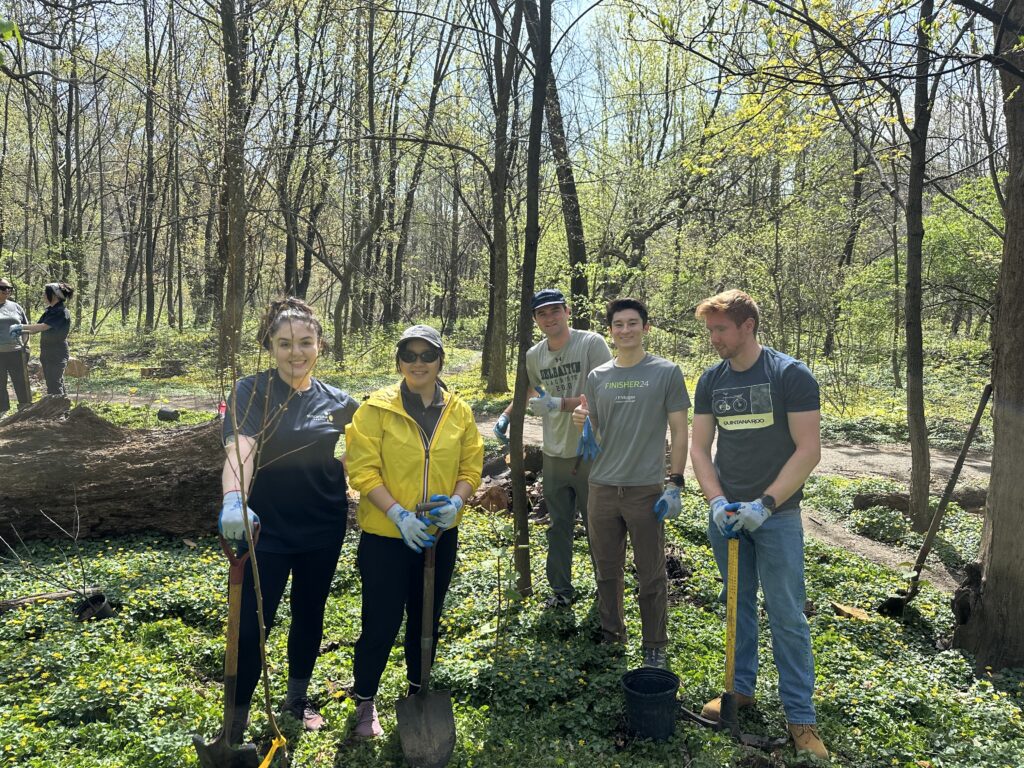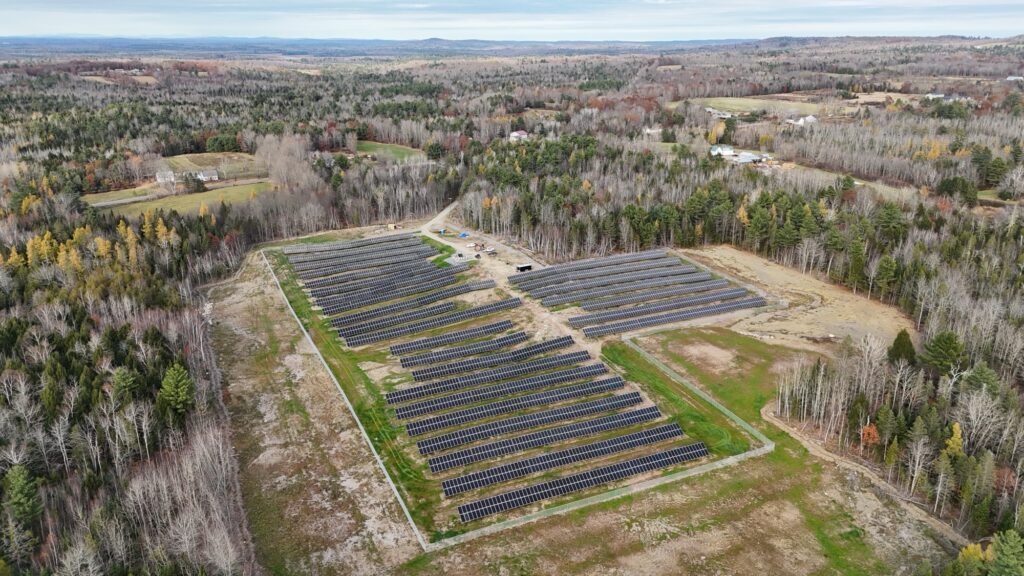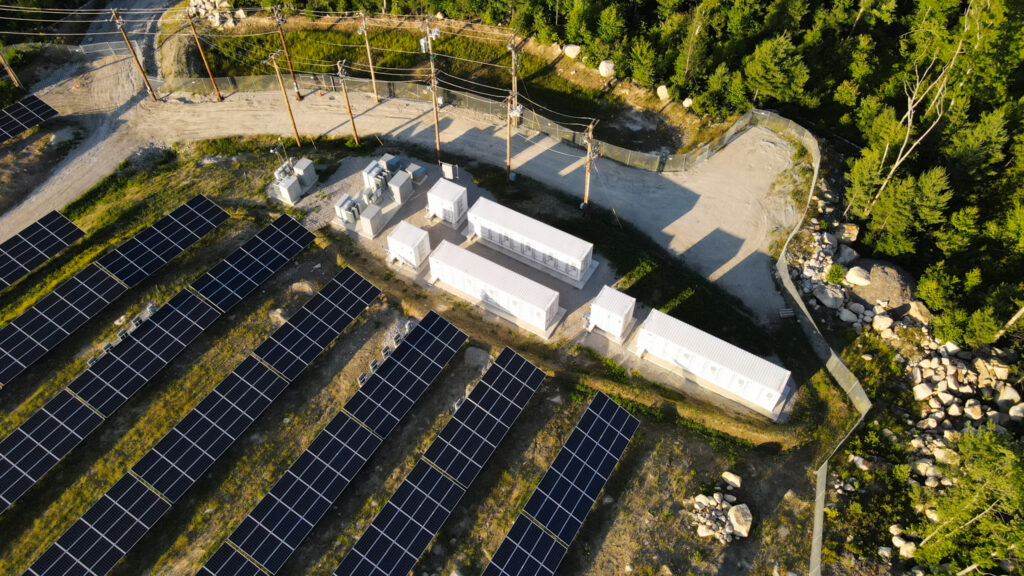Understanding the Challenges in Opportunity States
The Lawrence Berkeley National Laboratory study outlines the hurdles developers face when implementing traditional community solar models in states without enabling policies. These models often rely on virtual net metering (VNEM) and third-party ownership to deliver benefits directly to subscribers’ utility bills. However, in many opportunity states, the lack of regulatory support for VNEM and third-party agreements makes implementing these models challenging.
Despite these challenges, the study emphasizes that there are alternative pathways that can work within the existing regulatory frameworks of opportunity states, allowing solar benefits to reach underserved communities.
3 Innovative Models for Community Solar Development
The study identifies three promising models for advancing community solar in states without enabling policies:
1. Community Benefit Funds: Converting Solar Energy into Direct Community Support
Developers can create Community Benefit Funds to convert the value of solar energy into cash, which is then distributed to community beneficiaries, such as low-income households. This model bypasses the need for VNEM or bill credits, which are often not available in opportunity states.
At Syncarpha, we believe this model is an excellent way to ensure that solar energy benefits extend beyond just utility savings, directly supporting communities in need.
2. Cooperative Ownership Models: Community-Driven Solar Ownership
Another innovative model discussed in the study is cooperative ownership, where a member-owned cooperative develops and owns a solar project, with dividends paid to the members. This model emphasizes local ownership and control, diverging from the typical subscription-based approach.
Syncarpha recognizes the power of cooperative models to democratize energy production and allow communities to take ownership of their energy futures.
3. Innovative Project Configurations and Technologies: Leveraging Existing Policies
The study also explores how reconfiguring solar projects or using advanced technologies can work within existing state policies to deliver benefits. For instance, behind-the-meter solutions for multifamily buildings or community spaces can provide tenants with direct reductions in grid consumption.
Syncarpha is committed to leveraging technology and innovative project configurations to make community solar viable in opportunity states. Whether through energy storage integration or creative wiring solutions, we aim to maximize the reach and impact of solar projects.
Syncarpha’s Take on the Study’s Findings
Note: There’s a reason not every developer chooses an alternative path, and it’s mainly due to the complexities and levers that need to be coordinated with host customers, utilities, or the municipality. However, the report provides some interesting case studies from projects that have taken innovative approaches to overcome the legal barriers.
While the study by Lawrence Berkeley National Laboratory provides an overview of the challenges and opportunities in developing community solar in states without enabling policies, Syncarpha sees these alternative models as necessary in some cases.
As we continue to engage with the latest research and innovate in the field, Syncarpha remains dedicated to developing solutions that are not only effective but also inclusive and equitable.
Sources & Additional Resources
- https://emp.lbl.gov/publications/community-solar-opportunity-states
- https://live-lbl-eta-publications.pantheonsite.io/sites/default/files/opportunity_states_emp_tech-brief_06.26.2024_updated.pdf
Contact Syncarpha
info@syncarpha.com
Interested In Joining Community Solar?
For more information on how to join community solar with Syncarpha, get in touch with our support team through email at communitysolar@syncarpha.com or call us at (888) 55-SOLAR

